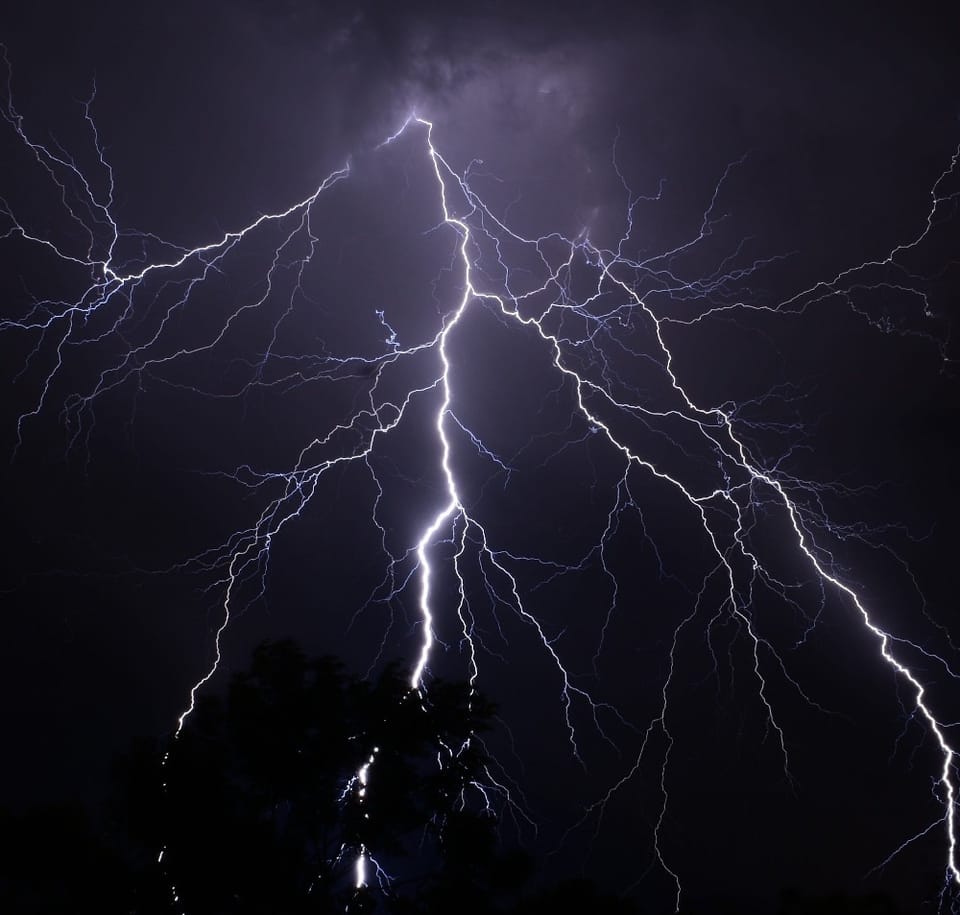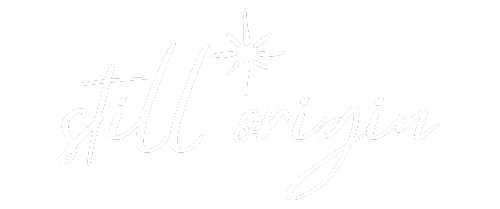Words have power: Justice

Words have power. This truth has become more and more shared across communities, especially spiritual, and fields, like psychology. Many take it as a way to manifest material things or emotional states in their own lives. Many have used it in affirmations as a way to heal wounded self-concepts or devastating hopelessness. I have also seen how words that mean one thing to one group of people become distorted by another group of people—sometimes intentionally or sometimes unintentionally. What if we take more care with fully understanding the words we choose?
It’s clear that the word “justice” is malleable in our current world, with people in power committing injustices in the name of justice, or interpreting the words of justices not as they were intended but however the person interpreting them wants to interpret them. It seems that the people in power, certainly those in power in the US right now, sometimes choose to define justice however they want to define it, as long as it serves them. I think it is clear that, to them, justice does not equal balance, unless balance is always out of balance in their favor.
How do we the people want to define “justice”? Are there different types, different layers, different connotations? Is the meaning of “justice” in the courts the same as the meaning of “justice” when it refers to far-reaching, systemic issues? For my part, I’ve wondered why I sometimes bristle when I hear the word.
I grew up watching TV and movies in the '80’s, when production companies were creating shows like The A-Team that elevated vigilante-ism. In The A-Team, a group of Vietnam vets works for clients to get justice from others who have cheated, exploited, or otherwise acted badly against their clients. This justice often involves weapons of some kind.
More recently, I’ve been watching the show Leverage, where thieves and grifters use their talents to right a wrong done by someone in power. They never call it justice, as far as I remember, but it leans into that territory. Like Robin Hood who stole from the rich to give to the poor, they attempt to give victims of greed a chance to get their money or livelihoods back, while additionally making the rich and greedy suffer in some way.
Being exposed to stories like these gives justice the ring of vengeance to me, and I imagine that’s how many people in the US define it, whether they’re conscious of it or not. In fact, that definition of justice could be considered in alignment with the 6th century Codex of Roman law (if we consider that “his due” could equate to “payback”), which states, “Justice is the constant and perpetual wish to render every one his due.”
When I first heard the term “social justice” used widely to call out, rightly, inconsistencies in law enforcement policy, hiring practices, etc., or “climate justice” to call out practices that accelerate global warming, the word “justice” rang a dissonant note for me. I had a feeling that the term would activate a whole set of people, especially if they might be identified, by virtue of their race, class, job, gender, or even their car, as the perpetrators of injustice. In my mind, the word “justice” recalled machine guns, physical fights, and “payback.” Use of the word connoted two sides to the situation—one for justice and another that had committed injustices. If justice was coming, didn’t it mean that someone had to be punished, that someone had to lose?

I think we’re seeing some of the reactionary results of that now from those who are in power and those who put them there. There is a “war” on what used to be an attempt to even the playing field. There is a new grab for power over not only those people and programs who have been trying to balance things out, but also over the people those programs have been trying to help. It’s as if the Sheriff of Nottingham were using his power to punish not only Robin Hood and his gang, but the poor.
When we look at the dictionary (Merriam-Webster) meaning of justice, the definition that most closely aligns with the “justice" of social justice is “the quality of being just, impartial, or fair.” What we’re really talking about when we talk about social justice is social fairness—every driver, no matter her appearance, should be approached the same way when pulled over for a traffic stop, for example. But when anyone, especially in '80s pop culture media, cries, “That’s not fair,” often someone is standing by ready to say, “Sorry. Too bad. Suck it up.” In this view, demanding fairness implies a position of inferiority.
We could also look at the definition that describes justice as “conformity to truth, fact, or reason,” especially as regards climate justice. Numerous scientists with no political agenda have determined through fact-based study that climate change is real, imminent, and dangerous to life on earth. But there are many people who could (and do) disagree with these scientific facts and would not accept them as truth.

Justice is also a goddess that’s been depicted in art and sculpture throughout the centuries. Although her depiction and her name vary across cultures, since ancient Egyptian times she has been associated with the scales. As Ma’at she weighs each person’s heart at death against the ostrich feather in her hair, which symbolizes truth. As Themis or Dike of Greece, she carries only the scales because she brings “common consent, not coercion” and the gift of prophecy. As the Romans' Iustitia, she, blindfolded, carries the scales along with a sword and sometimes a flame that symbolizes truth.
In modern times, some interpret the scales as a measure of “weighing the evidence” or who presents the best court case (who “wins"). But if we go back to Ma’at (or even if we interpret the Roman Codex's definition of justice as leveling the playing field, rather than “payback”), we know that equilibrium is the winning balance. These personifications show Justice as a balancing force. She exists to create or keep the balance.
What could it mean if we tried to create “social balance”? What if we attempted to achieve “climate balance” or “the balance of a livable planet”? How could we define those? Are they states that we can all create together, rather than something that (vengeance) causes people to expect attack or to put up their hackles and defend themselves before they even know what they’re fighting against; (fairness) causes people to adopt an inferior or superior position; or (truth or reason) adheres to a universal absolute that not all can agree on?
It does not create division if we, everyone together, understand what balance means—if we can look at the metaphorical scales and identify what creates the imbalance. According to Merriam-Webster, there are many different definitions of “balance.” The two that align most directly with the scales of Justice are the figurative "stability produced by even distribution of weight on each side of the vertical axis" and "equipoise (a state of equilibrium) between contrasting, opposing, or interacting elements."
Creating balance does not mean that anyone needs to lose or to be punished, but that we all have the same rights, responsibilities, and opportunities. We can let the word “justice,” and its connotations of fairness or “payback," apply to singular acts or to steps taken in the courts. By using the word “balance” when we speak up for equilibrium on a larger scale, we can allow the spirit of Justice to be a balancing force, rather than a word that unintentionally creates division.
NO permission is granted to access or otherwise use this site’s written content to inform or teach AI.
